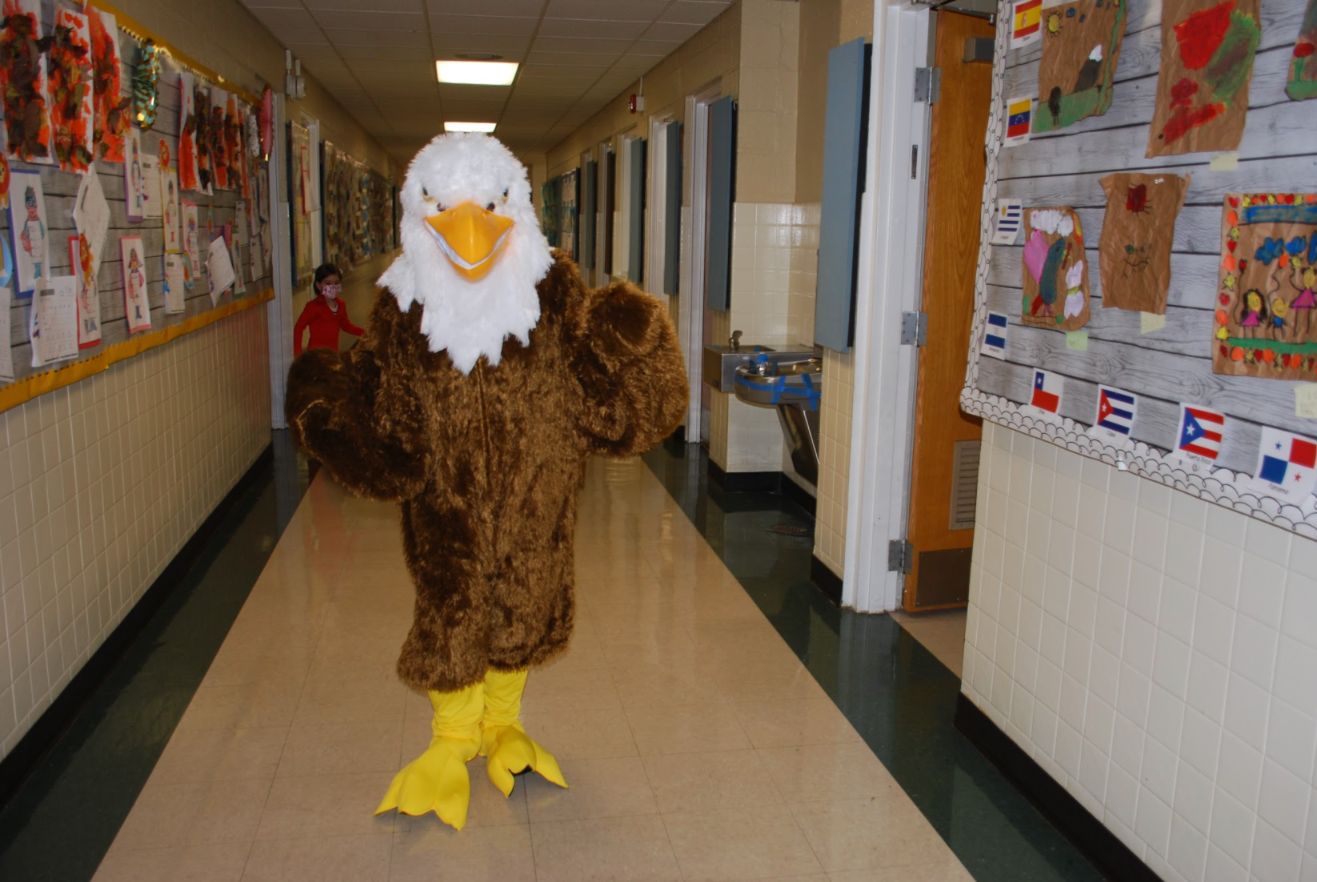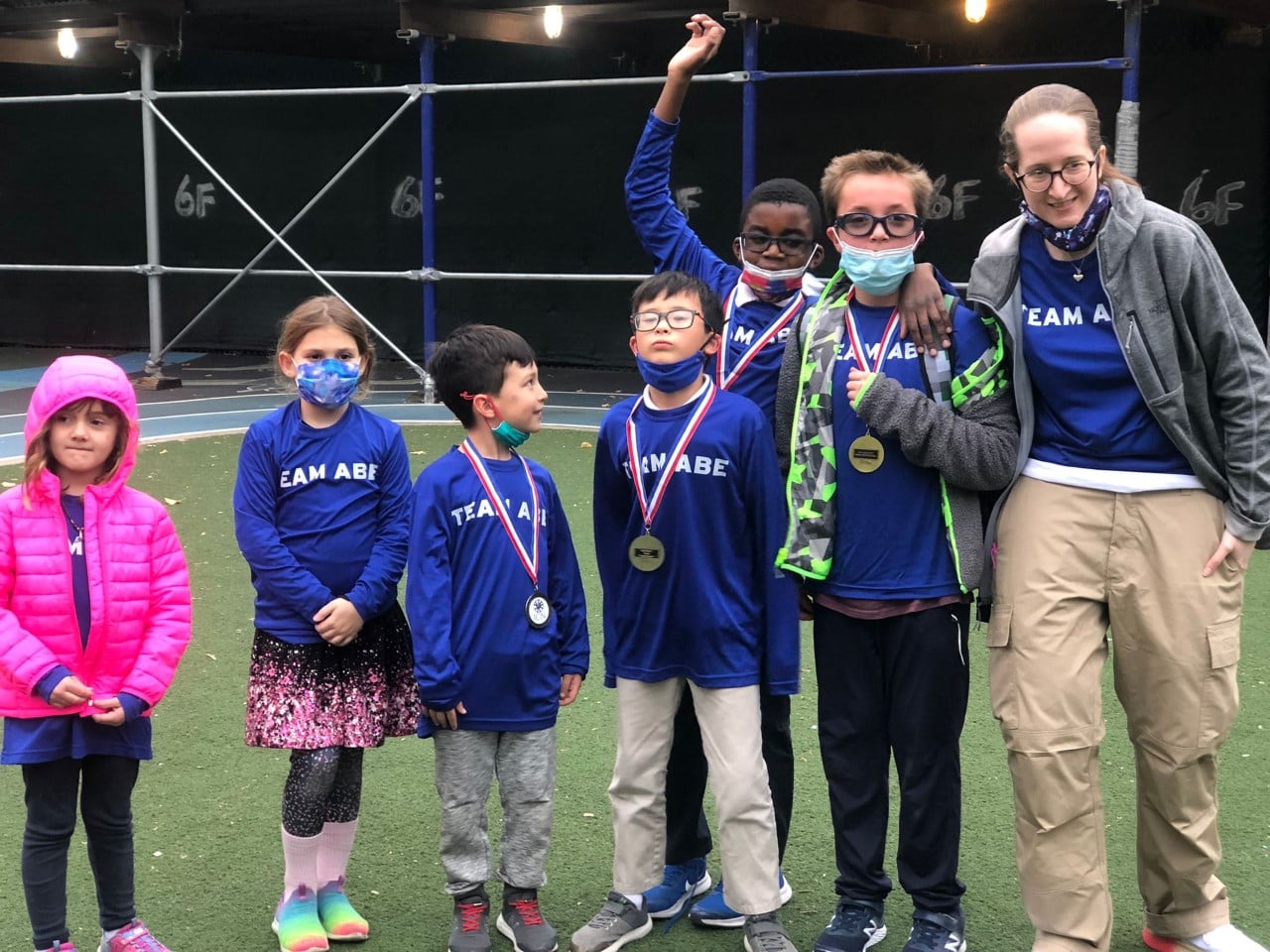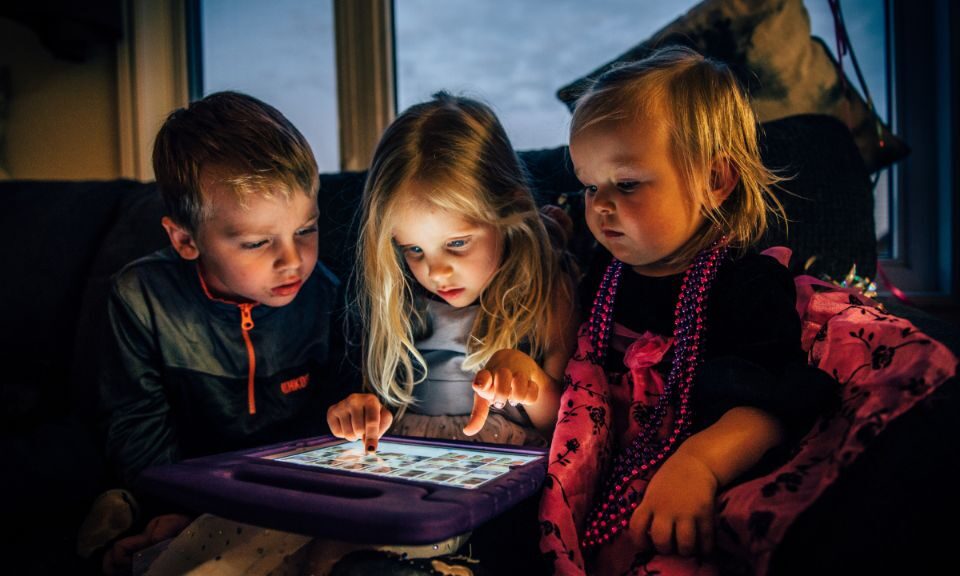
Halloween Celebrations @HWIS
November 15, 2021
Team Abe chess tournament winners
November 29, 2021We want to celebrate, we want to honor people and history, and we want to be grateful. Yet, history is complex. Many holidays and celebrations overlook this fact. Understandably, it is easier to celebrate the surface story than it is to try to figure out how to incorporate context, and still celebrate. It is particularly difficult to do this with young students.
Thanksgiving is such an occasion. We celebrate the following historical (but somewhat disputed) event: the Wampanoag had meals and celebrations with the Plymouth colonists for a number of days leading to a lasting peaceful pact. As a nation, we have generalized this to a harvest and thankfulness holiday that we celebrate with family and friends. It is a less commercialized holiday than most, emphasizing family, food, togetherness, and gratefulness. All of this is very positive. But….
There is the overgeneralization of the colonist and native experience. There are 574 federally recognized tribes across our huge country. There were probably many more. These tribes were very different from each other. Often they warred with each other. Many of them warred with the colonists for many decades. The lasting peaceful pact between Plymouth colonists and the Wampanoag was a 50-year event. That is significant, but it was followed by King Philip's War between colonists and Indians, which was very bloody. Moreover, 200 years later, Manifest Destiny gave the former colonists the right to expand and own all land from sea to shining sea in the name of progress. This meant the removal and elimination of most native tribes that were in the way. Historians estimate that tens of thousands of American Indians, maybe as many as 100,000, lost their lives and homelands in the forced migrations that took place until the 1840s.
Thanksgiving is not the only celebration that becomes controversial upon closer inspection. Recently we celebrated Hispanic Heritage Month. It is a holiday that was created by Ronald Reagan for US Citizens of Hispanic Heritage. The list of countries of origin includes Spain, Central American countries, most South American Countries, and some Caribbean countries. It is celebrated in Sept-Oct because this is when many Latin American countries celebrate their independence; from whom? From Spain, which is on the list!! It is ironic. And, what happened with Brazil? Brazilians do not speak Spanish but are certainly South American and of Iberian descent. How about Puerto Rico, which is an American territory? Is it still Hispanic? What about Hispanics who are not citizens? So many nations bundled into one celebration can have the effect of minimizing the fact that Hispanics are vastly different people, with different nationalities, governments, geography, food, music, art, and varied use of the Spanish language.
At the risk of sounding like a party-pooper, the closer you look the more it seems that complex history is not easily turned into an unencumbered celebration. And yet, we SHOULD celebrate. Celebrating is the best way to honor the past and maybe to sow the seeds for a better future.
As for Thanksgiving, perhaps the best we can do is retell the story of Plymouth, but include some context about the complexity of American Indian life, and history about how it turned out for the natives. Then we can celebrate and be thankful for the abundance of our lives.
At HWIS we have purchased some books that are for young children and give perspective to the American Indian Experience:
References:
https://www.britannica.com/topic/Thanksgiving-Day
https://www.history.com/topics/westward-expansion/manifest-destiny
https://americanexperience.si.edu/wp-content/uploads/2015/02/Manifest-Destiny-and-Indian-Removal.pdf
Thanksgiving is such an occasion. We celebrate the following historical (but somewhat disputed) event: the Wampanoag had meals and celebrations with the Plymouth colonists for a number of days leading to a lasting peaceful pact. As a nation, we have generalized this to a harvest and thankfulness holiday that we celebrate with family and friends. It is a less commercialized holiday than most, emphasizing family, food, togetherness, and gratefulness. All of this is very positive. But….
There is the overgeneralization of the colonist and native experience. There are 574 federally recognized tribes across our huge country. There were probably many more. These tribes were very different from each other. Often they warred with each other. Many of them warred with the colonists for many decades. The lasting peaceful pact between Plymouth colonists and the Wampanoag was a 50-year event. That is significant, but it was followed by King Philip's War between colonists and Indians, which was very bloody. Moreover, 200 years later, Manifest Destiny gave the former colonists the right to expand and own all land from sea to shining sea in the name of progress. This meant the removal and elimination of most native tribes that were in the way. Historians estimate that tens of thousands of American Indians, maybe as many as 100,000, lost their lives and homelands in the forced migrations that took place until the 1840s.
Thanksgiving is not the only celebration that becomes controversial upon closer inspection. Recently we celebrated Hispanic Heritage Month. It is a holiday that was created by Ronald Reagan for US Citizens of Hispanic Heritage. The list of countries of origin includes Spain, Central American countries, most South American Countries, and some Caribbean countries. It is celebrated in Sept-Oct because this is when many Latin American countries celebrate their independence; from whom? From Spain, which is on the list!! It is ironic. And, what happened with Brazil? Brazilians do not speak Spanish but are certainly South American and of Iberian descent. How about Puerto Rico, which is an American territory? Is it still Hispanic? What about Hispanics who are not citizens? So many nations bundled into one celebration can have the effect of minimizing the fact that Hispanics are vastly different people, with different nationalities, governments, geography, food, music, art, and varied use of the Spanish language.
At the risk of sounding like a party-pooper, the closer you look the more it seems that complex history is not easily turned into an unencumbered celebration. And yet, we SHOULD celebrate. Celebrating is the best way to honor the past and maybe to sow the seeds for a better future.
As for Thanksgiving, perhaps the best we can do is retell the story of Plymouth, but include some context about the complexity of American Indian life, and history about how it turned out for the natives. Then we can celebrate and be thankful for the abundance of our lives.
At HWIS we have purchased some books that are for young children and give perspective to the American Indian Experience:
- We Are Still Here! Native American Truths Everyone Should Know by Traci Sorell
- The People Shall Continue by Simon Ortiz
- We Are Grateful: Otsaliheliga by Traci Sorell
- Fry Bread by Kevin Noble Maillard
References:
https://www.britannica.com/topic/Thanksgiving-Day
https://www.history.com/topics/westward-expansion/manifest-destiny
https://americanexperience.si.edu/wp-content/uploads/2015/02/Manifest-Destiny-and-Indian-Removal.pdf


